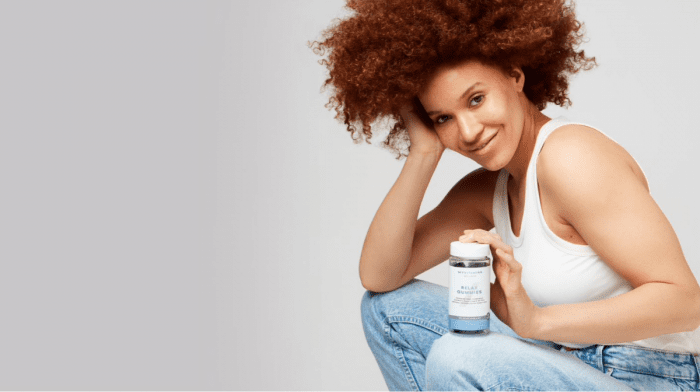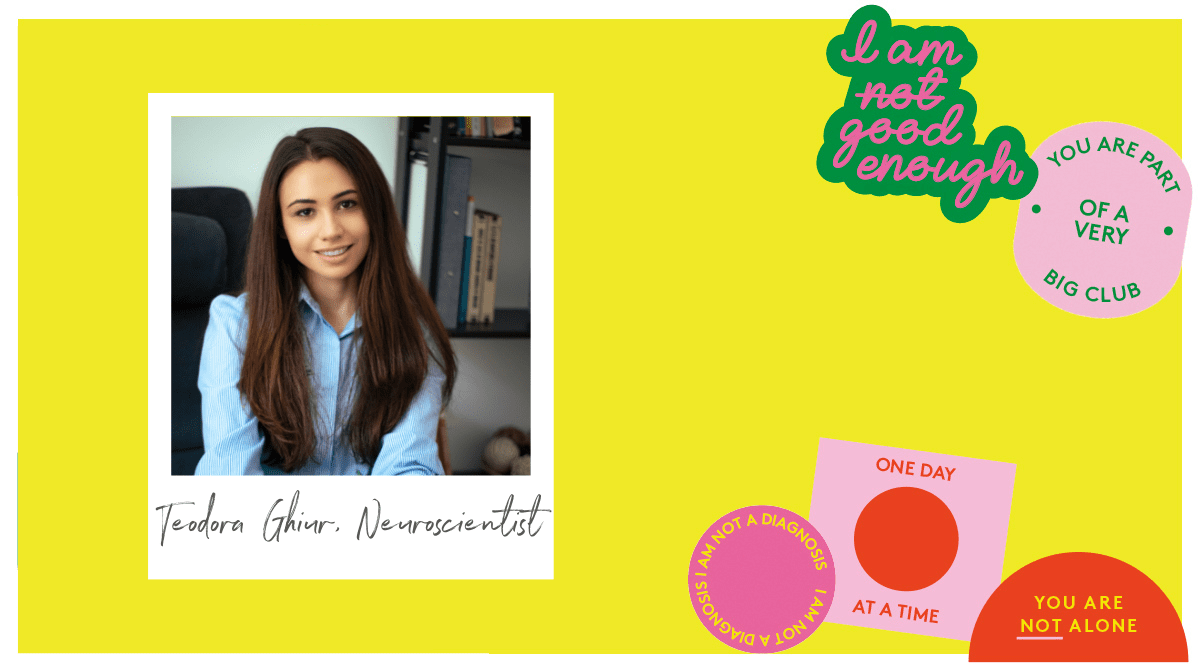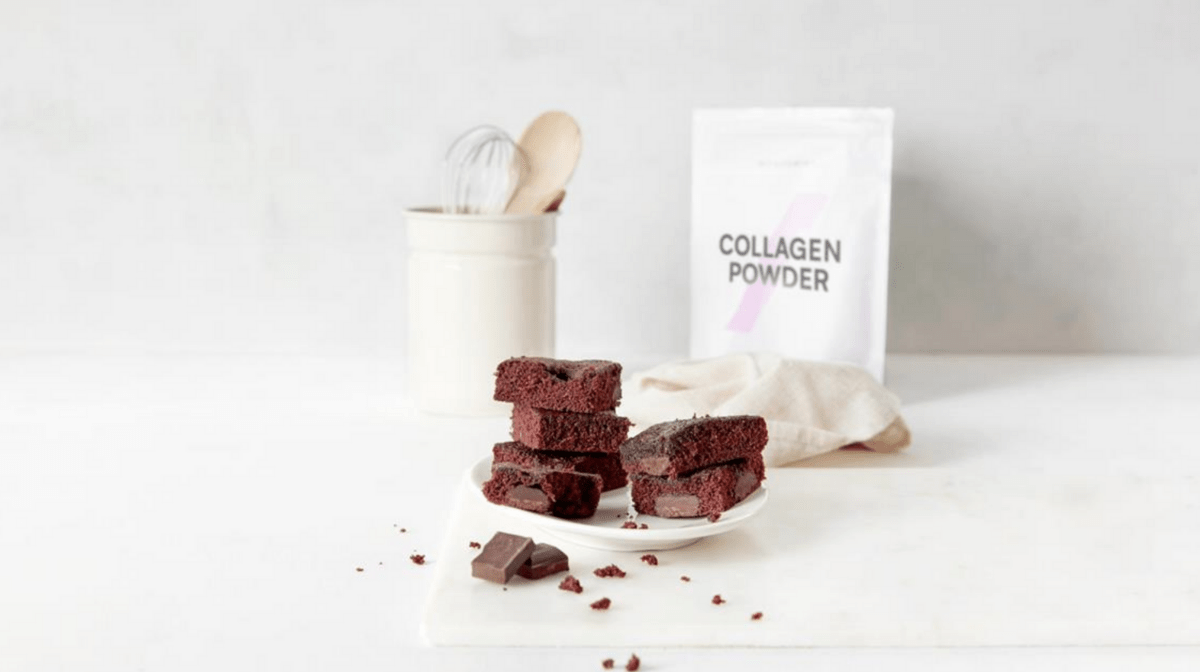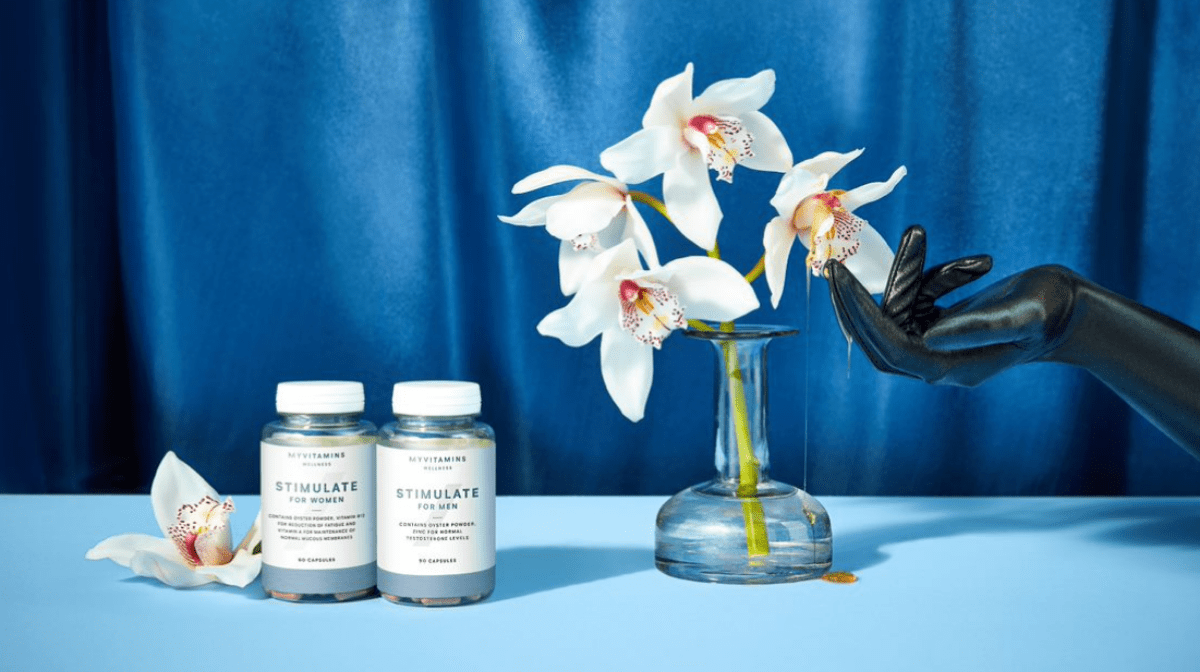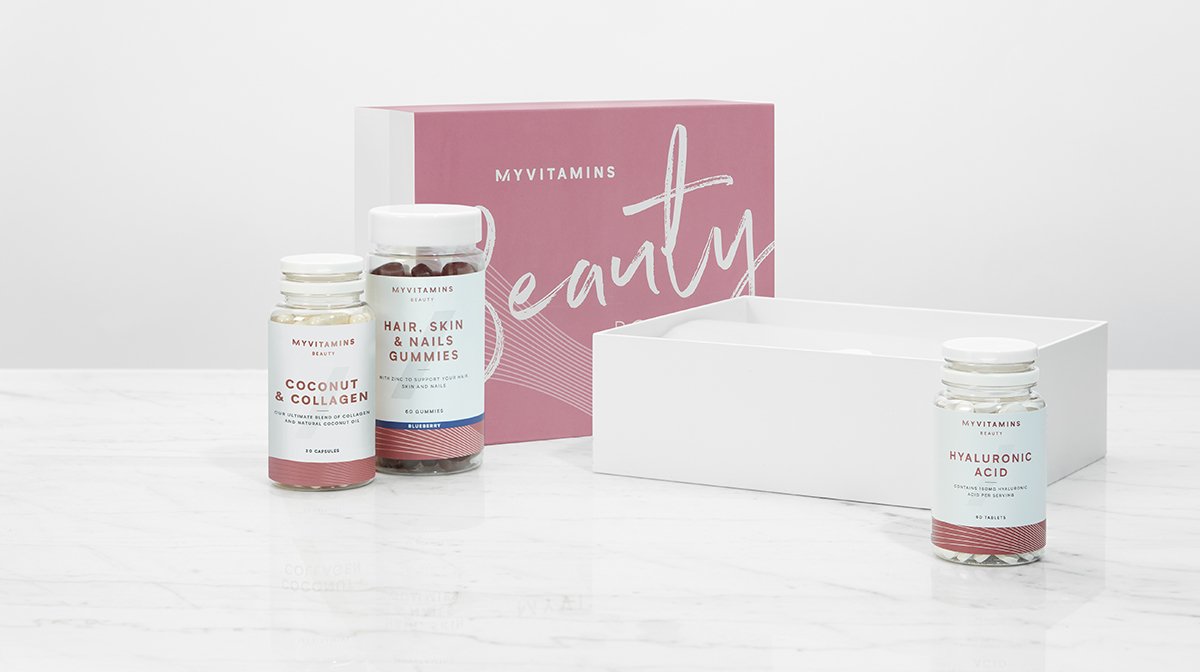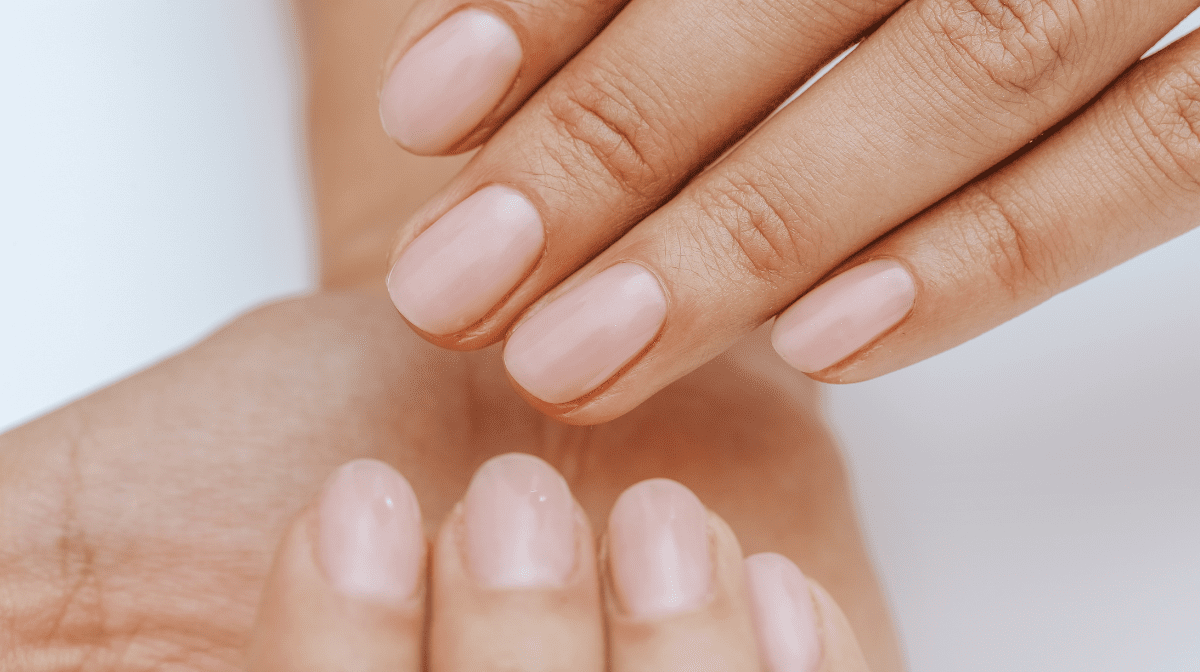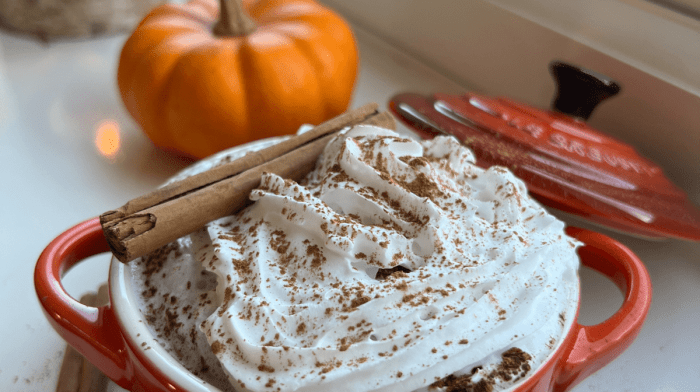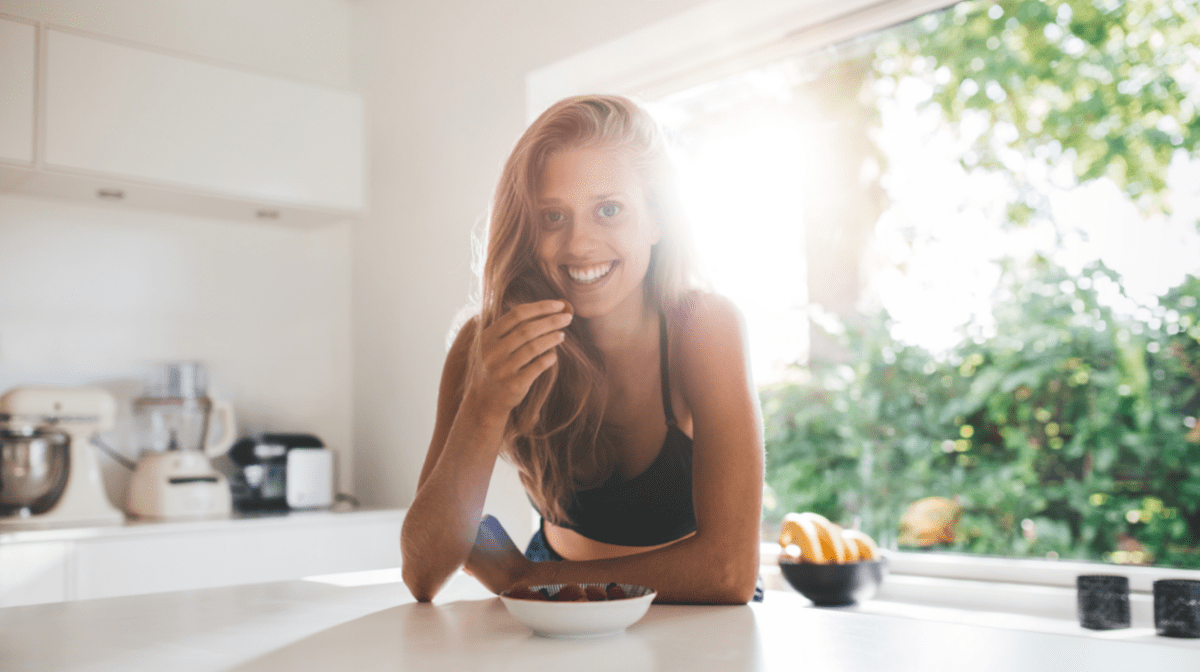Can Vitamins Help With Stress & Anxiety?
The ‘daily grind’ is a phrase that many of us are familiar with, but this daily dose of stress can have a knock-on impact. Not only on your mental health but on your physical health as well. Whilst it might be an unusual thought to use vitamins to help with mental health and wellbeing, evidence suggests that various vitamins and minerals can help to reduce levels of stress and anxiety.
Let’s look at the 8 best vitamins and supplements that can be used to help improve wellbeing:
The Best 8 Vitamins For Stress and Anxiety
Vitamin B1
Vitamin B1, also known as thiamine, is often used to help prevent cognitive decline in hospital patients with alcohol dependence. However, the benefits of B1 supplementation extend past this narrow use. Supplementation has been shown to reduce generalised anxiety, improve energy levels, and improve overall feelings of well-being (1). B1 plays a role stimulation of the parasympathetic nervous system, which is the part of the nervous system responsible for ‘rest and digest’ functions.
Natural sources of vitamin B1 include whole grains, nuts, bananas and oranges.
The B1 requirements differ between men and women: men need 1mg per day, whilst women require 0.8mg per day (2).
Vitamin B6
Vitamin B6, also referred to as pyridoxine, plays a role in increasing resilience to stress and stress-related effects (3). Vitamin B6 helps to modulate neurotransmitters, including happy hormones such as dopamine and serotonin. Furthermore, vitamin B6 supplementation helps to control blood pressure, which can sometimes be raised when stress levels are high (4).
Natural sources of vitamin B6 include meat and fish, dairy products, and bananas.
The recommended amount of vitamin B6 for adults differs slightly between sexes: men need around 1.4mg per day, whilst women need around 1.2mg per day (2).
Why not try Myvitamins Relax Gummies, a tasty source of vitamin B6 and chamomile that can help you wind down at the end of the day.


